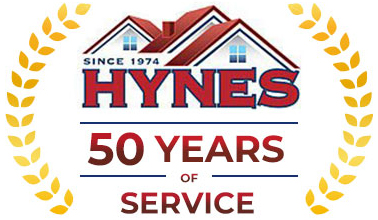When planning an outdoor extension to your home, flooring is one of the most important features to decide on. The major decider when choosing the flooring for your deck is the weather. Especially for those in the northeast, where the elements come out in all their harsh glory, there’s nothing that’s more important.
Between hardwood, softwood, and composite material deck floorings, there are quite a few options to choose from. While wood floorings are cheaper and need a little more maintenance, composite materials offer protection against decay and are able to withstand the wear and tear that is synonymous with outdoor elements in large open spaces.
Before you book a deck contractor near you, check out your options and make the right choice for you!
Wood decking
Certain wood floorings like Cedar and Redwood are naturally rot-resistant materials. These cost more than pressure-treated lumber but packs in the durability to make it worth the investment. Able to withstand the salt spray of coastal homes, this is a great option for the coastal homes of the west.
Pros: Rot and bug resistant, durable for up to 30 years with proper care.
Cons: Prone to marring, 2-5x more expensive than pressurized lumber.
Composite decking
Made from recycled materials like wood waste and plastic bags, these decks require minimal maintenance. They come in a variety of colors and styles too. For stronger boards, choose a composite material with polypropylene.
Pros: Doesn’t need to be sanded or painted, made with recycled materials
Cons: Can be slippery and prone to mildew. Also, may require special fasteners.
Aluminum decking
Looking for a decking material that will need little to zero home deck repairs, then look no further. Very low maintenance, this deck makes no effort at all to look like wood, but it comes in panels that interlock so there’s no room for rain and slush to get through.
Pros: Excellent lifespan, minimal upkeep, and deck repairs.
Cons: Higher upfront cost, less attractive than wood, can be hard to find.
Fiberglass decking
A decking material that’s often overlooked, fiberglass deck repairs are minimal as it’s one of the best waterproofing deck coating materials. A highly reliable option for those living in wet weather areas, fiberglass deck boards are water-resistant, won’t rot, and are more durable than wood or metal decking.
Pros: Easy to cut and install, no rust or termites, environmentally friendly.
Cons: Prone to scratches, easily stained, more expensive than wood.
Vinyl decking
Polyvinyl chloride (PVC) decking is the newbie in the game. And not surprisingly, it’s gaining massive favor for one specific reason: it’s as close to maintenance-free as any decking material will ever get. With a warranty period of up to 25 years, is there anything else you really need?
Pros: Affordable and easy to install.
Cons: UV damage and fading, difficult to repair when needed.
No matter what deck flooring you stylistically decide on, a decking contractor will be the best person to tell you what works and what doesn’t. Because, after countless installations, experience has got to count for something.
At Hynes Roofing & Siding, our work in and around Philadelphia has garnered much praise and credibility from the ones that matter the most: homeowners. So if you’re in the market to install or repair a deck, get in touch!

(President, Hynes Roofing and Siding)
With over 35 years experience in the roofing and siding industry, Michelle Hynes has built a business from 2 people into over 45 people and 19 trucks!

